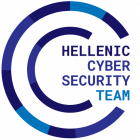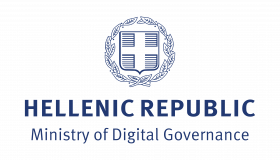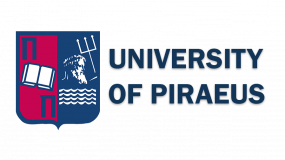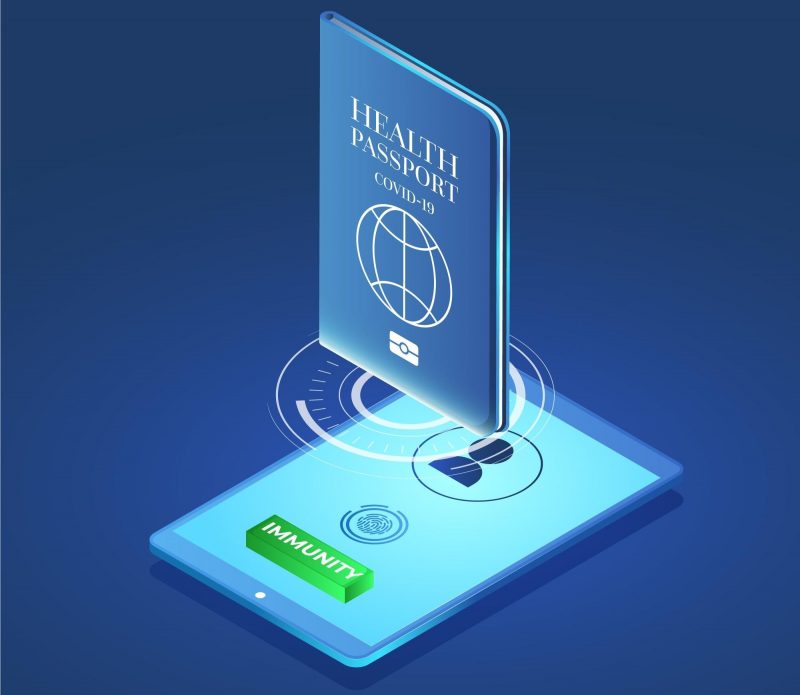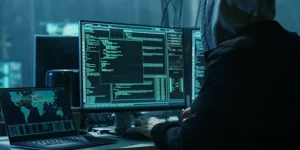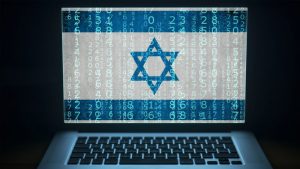The Systems Security Laboratory Team, under the coordination of Professor Christos Xenakis from the Department of Digital Systems of Piraeus University, presented their solution to the complex equation of opening the borders and the initiation of international travel.
The Hellenic proposal includes a digital immunity passport, based on the revolutionary blockchain technology, which will help the competent authorities to confirm the security of arrivals at borders, public administration services, or even entertainment spaces while ensuring the anonymity of the user.
Through this revolutionary application, the user will be able to acquire specific knowledge about the holder of the digital immunity passport; that is, whether the individual has been vaccinated, or possesses a negative coronavirus test, and finally whether he or she has developed immunity from being affected by the coronavirus disease. The printed version of the «Vaccination Certificate” will carry a QR Code for easy cross-checking of the information, printed on the document. This means that when an individual wants to use any service that requires the certificate, he or she must also disclose a great deal of personal information.
The solution developed by the team of the Department of Digital Systems of the University of Piraeus in collaboration with the Macquarie University of Sydney and a start-up company in Silicon Valley, USA, allows proving the status in terms of the pandemic, without sharing personal data.
Professor Christos Xenakis states:
“Such a solution must, first and foremost, be easy to use. It is known that the only thing that an individual carries with him is his cell phone. There are, however, some other basic requirements, such as ensuring anonymity and personal data. For this reason, if we simply have a paper, which we present in order to enter a restaurant, a cinema or any other place, everyone will be aware of our whereabouts at any time. Therefore, we need a passport that can be completely anonymous, but the usefulness of which can also be ensured. On the other hand, a paper can be processed in many ways and as a result any data can be changed. However, all the information that is given on the digital passport will be cross-checked through a database, which will be safe from attempts of falsification, as it will be under the control of the ministry. In addition, the data will be cross-checked through a database, which will be safe from attempts at falsification because it will be under the control of the ministry, but at the same time will be vulnerable to cyber-attacks, capable of denying access to users who need the document. I am sure that this solution will be devalued within a month “.
An important premise for the above to be achieved, is that users download the specific application and install it on their smartphones. Users must be registered in the yard prescription system in order to be able to connect to the application which will automatically create a folder on the user’s mobile device, where it will save the holder’s digital certificates related to the coronavirus with increased security.
The authorized vaccination and diagnostic centers will be connected to the information system through the application and will automatically issue digital certificates for each test or vaccination they perform, in an encrypted form, keeping the anonymity of the holder.
By logging into the application with biometrical standards – as done in web-banking applications – it will provide a QR Code certificate anonymously. Then a device that will be connected to the online database will “read” the QR Code and will permit access to individuals.
The process of issuing and verifying the certificate will take about 30 seconds, while in the case of automatic gateways with NFC or Bluetooth, the verification will be done instantly.
[in.gr]
